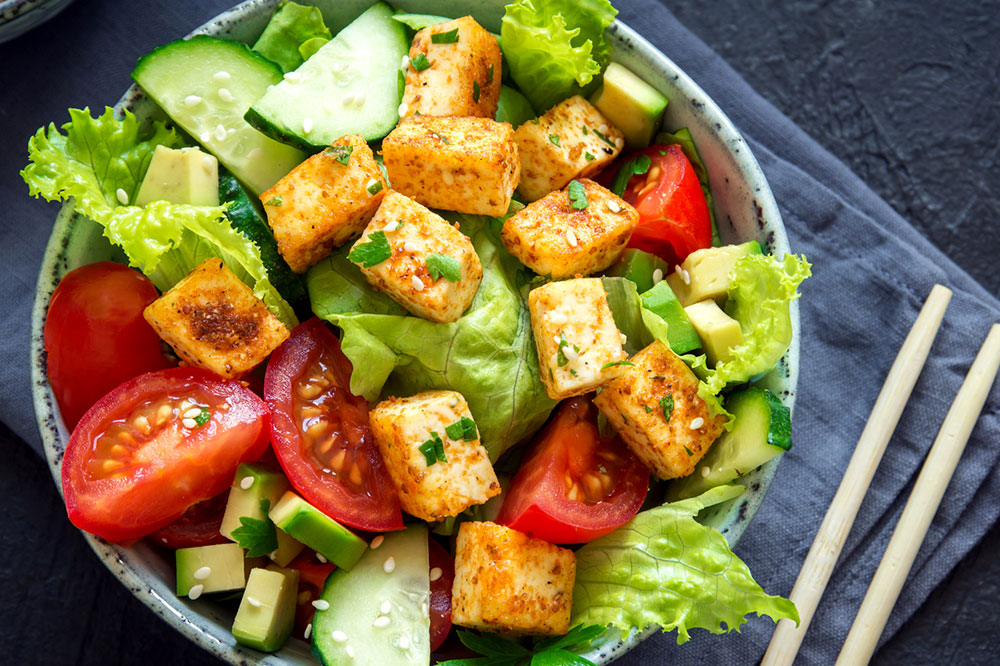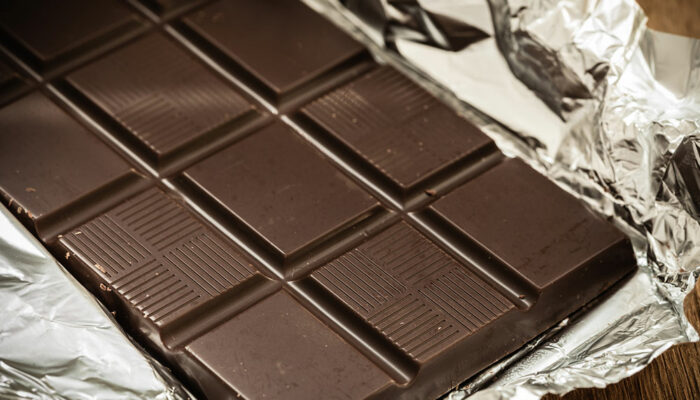
Common Keto Mistakes to Avoid
It can be hard to get the ketogenic diet right. One of the biggest challenges when it comes to the keto diet is that there are quite a lot of restrictions. In general, keto is all about loading up on fats and proteins, while staying away from certain foods with too much starch and carbohydrates. The idea is to get your body into a state of ketosis, in which it ends up burning fat and doesn’t rely on carbohydrates. This diet is known to benefit especially those who want to lose weight.
However, this elimination diet that targets carbs is not easy to master, because all kinds of foods have a certain amount of carbohydrates. If you’re new to the keto world, then these tips are for you:
1. Cutting back on carbs too soon
You do not make the switch to keto in a single night. Your body has been used to a certain way of eating, and it is important that you gradually deprive it of old foods rather than bringing about a drastic change. Start by reducing your carbohydrate intake slowly, and start adding in essential fats that can supplement your regular diet.
2. Skipping water
On many occasions, you will be so preoccupied with work that you might forget to drink enough water. With the keto diet, it is even easier to get dehydrated because of the carbohydrate intake being reduced. This can end up causing an imbalance between the electrolytes and fluids present in the body. It is, therefore, important that you keep sipping on water to keep yourself nourished and well-hydrated.
3. Not keeping watch on the keto flu
There will come a stage when you hit the keto flu, wherein your body might start showing flu-like symptoms. This usually happens within the first two weeks of getting on the keto diet, because your body takes time to adjust to such changes. Initially, you may feel that something is completely wrong and that you need to immediately get back to your old eating habits. But the trick lies in pushing yourself through this and making it to the next level. During this phase, make sure to consume magnesium-, potassium-, and sodium-rich foods along with loads of water.
4. Not choosing the right fats
A keto diet comprises foods that have unsaturated fats, which can increase the levels of “good” cholesterol in the body. This means replacing cheese, cream, and bacon with fatty foods that are anti-inflammatory and rich in omega-3 fatty acids.
5. Not assessing your diet regularly
If required, ensure that you speak to your doctor to see if your current keto diet is suitable for your body and any existing conditions. This will help you become more equipped to stick to your plan.



